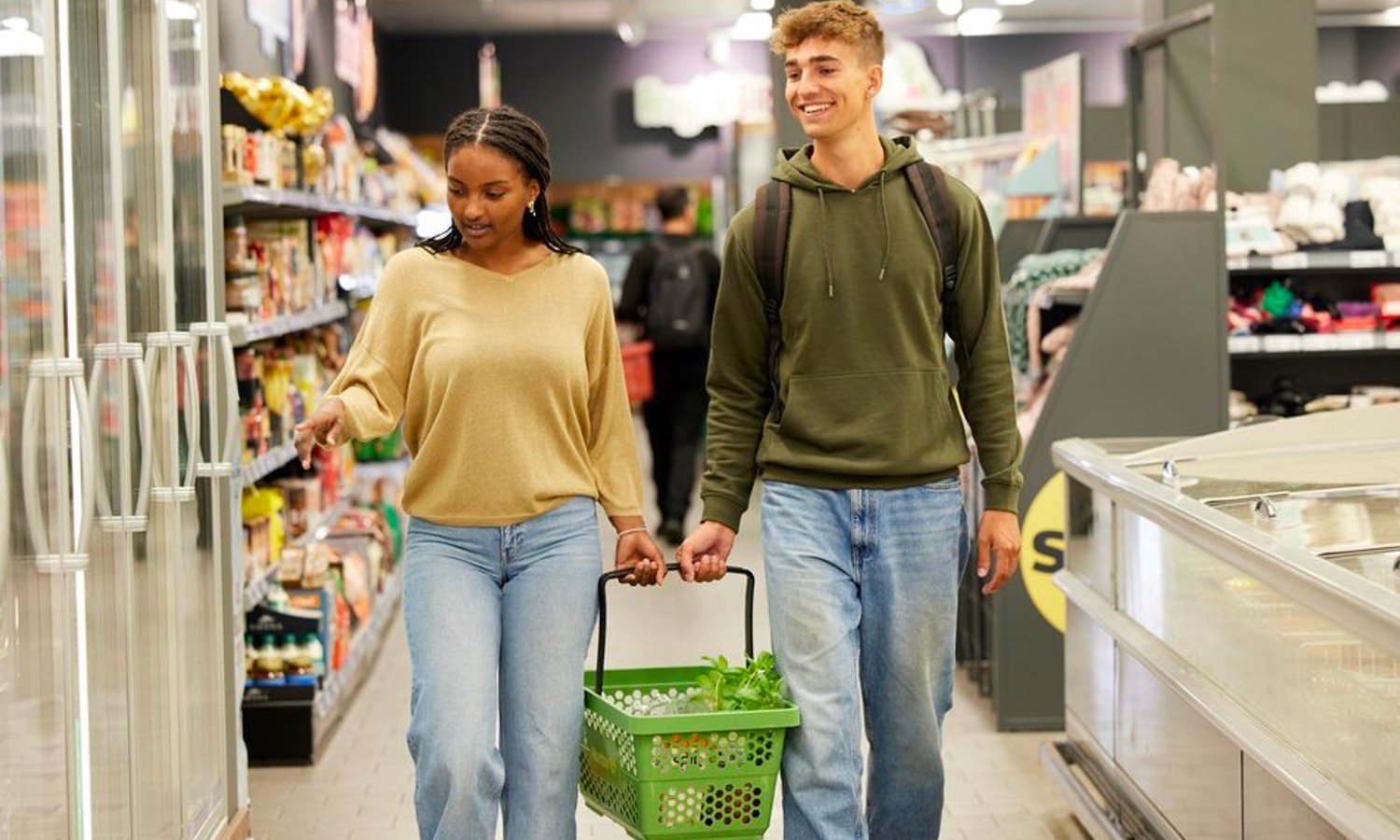Analysis-Bricks over clicks as shops come back into fashion in Europe

By Alberto Chiumento and Paolo Laudani
(Reuters) – The rise of online shopping has led to swathes of store closures, casting doubt over the future of retail malls and high streets, but in Europe there are signs that shops are back in vogue and are important for helping to drive online sales.
European retailers are investing in physical shops to stimulate both online and offline sales as they face increasing competition from giant e-commerce companies, such as fast-fashion group Shein.
They also want to capitalise on people’s renewed appetite for visiting shops once COVID-19 lockdowns ended, which has made a Saturday afternoon shopping spree fashionable again.
“I come to stores as I want to see things live, try them out, and have them immediately available,” said Francesca Marini, 28, while browsing in a mall in Rome. She said the waiting involved in online shopping spoiled the experience.
The overall number of stores in Europe is slightly declining, down to 4.90 million in 2023 from 4.92 million the year before, data from market research company Euromonitor shows. But selling space measured in square meters edged up almost 1% and should increase to 2.7% in 2028 in comparison to 2022, the data showed.
Retailers realise that it is difficult to keep customers without some direct contact with them, said Thomas Joekel, a portfolio manager at Union Investment, which holds shares in LVMH and Adidas.
“This is easier to achieve if you have brick-and-mortar stores rather than just e-commerce,” he said. “On the e-commerce side you can only see pictures but you don’t feel, you don’t smell, you don’t talk to somebody so it’s much more difficult to be optimistic or enthusiastic about a brand,” he said.
TRY IT BEFORE YOU BUY IT
Since the pandemic, sports retailers have seen increased demand for products such as running shoes and training kits as people make the most of going outdoors.
“You look at the success of Adidas or North Face and others. I think definitely there has been a trend towards more outdoor activities, partly during the pandemic,” said Deutsche Bank analyst Adam Cochrane. “I think people realised that they needed to get out and do things and some of that behaviour has stuck.”
French sports retailer Decathlon has added around 80 shops to its network this year, global chief customer officer Celine Del Genes said, taking its total number of outlets to about 1,700 globally.
Cisalfa, an Italian retailer selling sports clothing such as Nike’s soccer shoes and Under Armour’s running t-shirts, with around 160 stores in Italy, plans to open or refurbish around 10 shops in its home market this year.
Related
Buy European: a new shopping movement takes hold
As geopolitical tensions intensify following president Trump's return to power, European shoppers are looking to support products from their own continent. Thre
10 Corso Como Unveils Gentle Monster’s First Store in Europe
LANDING IN MILAN: The arrival of Gentle Monster in Milan did not go unnoticed. On Friday night during Milan Fashion Week, the eyewear bran
Climate change protesters occupy Tesla showroom in Westfield shopping mall…
Dozens of climate change protesters occupied the Tesla showroom in Westfield shopping centre on Saturday in the latest misfortune to hit Elon Musk and his elect












